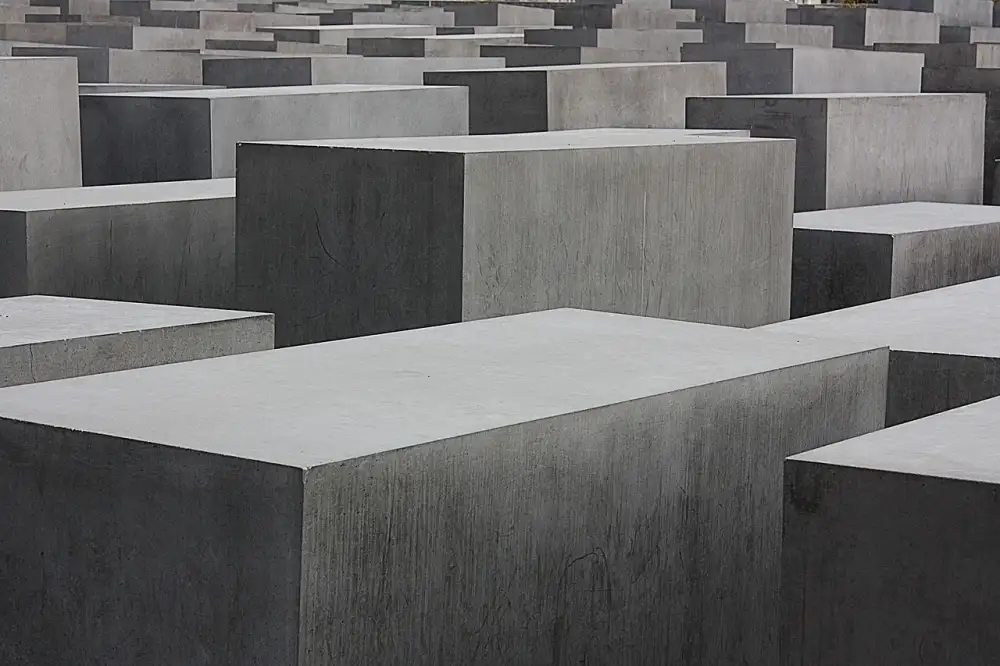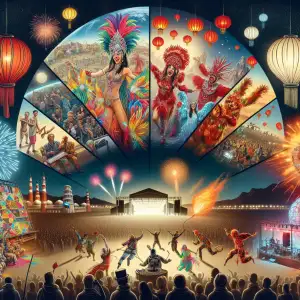El Paso Holocaust Museum: Remembering the Past, Inspiring the Future

El Paso's Unexpected Museum
Tucked away in the heart of El Paso, Texas, lies a museum that often takes visitors by surprise. The National Border Patrol Museum doesn't sound like a typical tourist attraction, but it offers a fascinating and often overlooked perspective on American history. The museum chronicles the evolution of the US Border Patrol from its early days on horseback to its modern technological advancements. You'll see vintage uniforms, patrol vehicles, and confiscated contraband, all painting a vivid picture of the challenges and triumphs faced by those tasked with securing the nation's borders. It's a thought-provoking experience that sheds light on an often-misunderstood aspect of American life.
Remembering the Holocaust
The Holocaust, the systematic, state-sponsored persecution and murder of six million Jews by the Nazi regime and its collaborators, stands as a stark reminder of the dangers of unchecked hatred and prejudice. From 1933 to 1945, Jews across German-occupied Europe were subjected to horrific violence, stripped of their rights, and murdered in ghettos and concentration camps. Remembering the Holocaust is not just about honoring the memory of the victims, but also about learning from this dark chapter in human history to prevent future atrocities. It is a call to combat antisemitism, racism, and all forms of intolerance, and to build a world where the dignity and rights of every individual are respected and protected.
| Feature | Museum A Name | Museum B Name |
|---|---|---|
| Location | [Enter Museum A Location] | [Enter Museum B Location] |
| Year Founded | [Enter Museum A Founding Year] | [Enter Museum B Founding Year] |
| Exhibits Focus | [Describe Museum A's Focus] | [Describe Museum B's Focus] |
| Special Collections | [List any unique items or collections] | [List any unique items or collections] |
Local Ties to Tragedy
The tragic event has left our community in shock and mourning. Several residents were present at the scene and are currently receiving support. Local organizations are coordinating efforts to provide counseling and assistance to those affected. We extend our deepest condolences to the victims' families and all those impacted by this tragedy. Our community stands united in grief and support during this difficult time.
The tragic event has left our community in shock and mourning. Several residents were present at the scene and are currently receiving support. Local organizations are coordinating efforts to provide counseling and assistance to those affected. We extend our deepest condolences to the victims' families and all those impacted by this tragedy. Our community stands united in grief and support during this difficult time.
Educational Impact
The widespread adoption of artificial intelligence (AI) is transforming education as we know it. AI-powered tutoring systems provide personalized learning experiences, adapting to individual student needs and pacing. This personalized approach helps students learn at their own pace, focusing on areas where they need the most support. AI-driven analytics give educators real-time insights into student performance, enabling them to identify learning gaps and adjust their teaching strategies accordingly. Furthermore, AI automates administrative tasks, freeing up educators' time to focus on student interaction and curriculum development.
Cultural Bridge Building
Cultural bridge building is about promoting understanding and appreciation between different cultures. It involves breaking down stereotypes, fostering empathy, and building relationships based on mutual respect. Through cultural exchange programs, art exhibitions, and dialogues, individuals can learn about each other's traditions, values, and perspectives. By embracing diversity and engaging in meaningful interactions, we can create a more inclusive and harmonious society. Cultural bridge building is essential in our interconnected world, as it promotes peace, cooperation, and social progress. By celebrating our differences and finding common ground, we can build bridges of understanding and create a richer, more vibrant global community.
Visiting Information
The museum is open daily from 10 am to 5 pm, except for Tuesdays. The last admission is at 4:30 pm. Admission tickets cost $15 for adults, $10 for seniors and students, and $5 for children aged 6-12. Children under 6 are free. Guided tours are available for an additional fee and can be booked in advance. The museum is accessible to visitors with disabilities. Wheelchairs are available for use free of charge. The museum has a café that serves light refreshments and snacks. Photography is permitted for personal use only. Flash photography and tripods are not allowed.
Published: 13. 06. 2024
Category: culture



